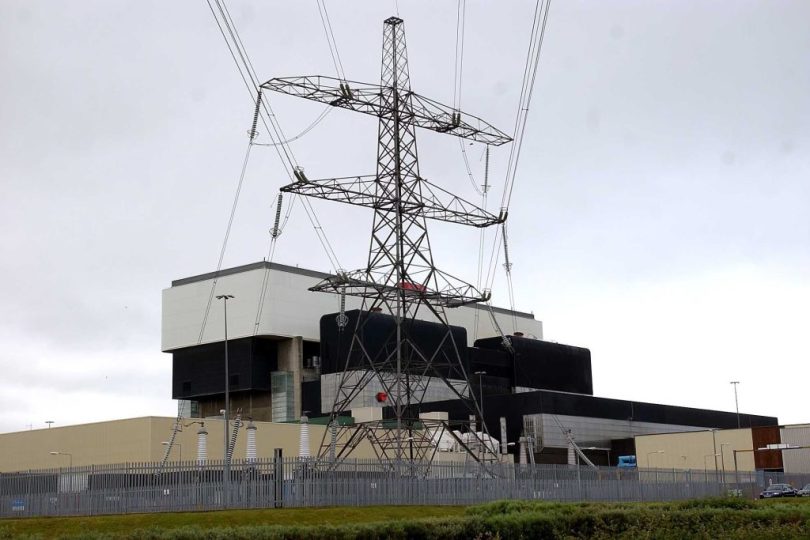[ad_1]
The Hydrogen4Hanson project at the Lancaster Hydrogen Hub has received government funding to continue its development of innovative technology that uses nuclear-generated heat and electricity to create hydrogen for asphalt and cement production.
The project is a collaboration between Hanson UK, National Nuclear Laboratory, Hynamics, Ceres Power, EDF Research & Development and EDF Generation.
It has received almost £400,000 of funding from the Department of Business, Energy and Industrial Strategy’s £1bn Net Zero Innovation Portfolio. The money will allow the consortium to undertake an initial feasibility study in 2023-25 with the aim of demonstrating the technology at megawatt scale.
The technology is intended to integrate solid oxide electrolysis (SOEC) with nuclear heat and electricity to provide low carbon, low cost hydrogen. This would be stored within novel next generation composite storage tankers and dispersed to asphalt and cement sites in the area around Heysham nuclear power plant.
This will be a world first demonstration of this technique and the first ever use of hydrogen as a fuel for asphalt production.
It is believed that the innovation will have the potential to improve hydrogen production efficiency by 20%.
Implementation of the technology could be a key step towards the decarbonisation of the cement and asphalt industries and be a crucial tool in the quest for net zero. It will also contribute to developing nuclear-enabled hydrogen production and investigating technologies to deliver hydrogen to dispersed industrial sites.
Once proven, it is hoped that the technology could be upscaled to more than 250 sites around the UK.
EDF Generation strategic and commercial development director Rachel Glaving said: “This is a fantastic project and a great opportunity for EDF to demonstrate how nuclear can contribute to the energy transition. The proposed study highlights how future nuclear stations might not only provide electricity but also heat which in this case will be used to support hydrogen production more efficiently than is currently possible.”
EDF UK Research & Development director Patrick Dupeyrat said: “This award is an enormous vote of confidence in our project. Decarbonising UK industry is one of the biggest challenges the nation faces in the push for Net Zero – using nuclear power to produce hydrogen which can power the carbon heavy asphalt industry is a logical thing to do.
“Doing so will help create the nation’s new nuclear future with new innovative technology and could help safeguard jobs.”
National Nuclear Laboratory government and new build vice president Gareth Headdock said: “NNL’s role in this project is integral in enabling deeper industrial decarbonisation through nuclear energy. We will examine how this demonstration project could unlock the opportunity for SOEC to be coupled to a wider range of nuclear reactor types, its scalability and coupling techniques to other industrial applications.”
Like what you’ve read? To receive New Civil Engineer’s daily and weekly newsletters click here.
[ad_2]
Source link








